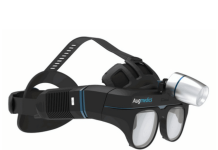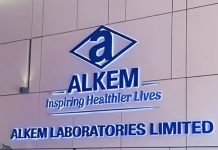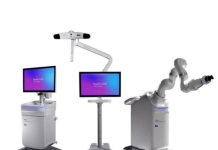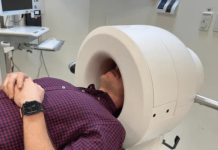UK-based eye health start-up Siloton has scored £860,000 in additional funding to drive to market its optical coherence tomography (OCT) chip technology designed to create detailed images of living eyes.
Bringing the total funding for the device to £1.7m, the Bristol-based company said that the money will be used to bring the device to the research market first in 2025. The company aims to deliver a “world-first” by capturing the first chip-based OCT image of a living eye in a commercial setting.
Related: ShiraTronics raises $66M to support implantable migraine therapy
The additional funding was paid out by Evenlode Impact Investments alongside members of the South East Angels and the Francis Crick Institute, complemented by non-dilutive funding from an Innovate UK Biomedical Catalyst grant. Aimed at conditions such as wet age-related macular degeneration (AMD), retinal vein occlusion and diabetic macular oedema, the company claims that its £1 coin-sized chip could save the UK National Health Service (NHS) £1bn every year.
Alasdair Price, CEO of Siloton, said: “Siloton has brought together a uniquely qualified team that is able to drive forward technology development at an unprecedented pace. This new support will help us take the next step towards commercialisation by shifting gear from R&D to product development.
“The population of individuals with retinal disease is growing. New, more affordable and accessible OCT systems like our technology will be critical to serving patients with precision and efficiency. In turn, this could help reduce preventable blindness, save healthcare providers billions of pounds, and reduce pressure on already stretched eye clinics,” Price added.
UK Charity, The Macular Society, estimates that every year around 39,800 develop some form of macular degeneration, making it one of the biggest causes of sight loss nationwide with its prevalence increasing as the population ages.
Elsewhere in the field of AMD treatment, Clearside Biomedical’s Phase IIb ODYSSEY study of its drug-device combination CLS-AX (axitinib injectable suspension) has successfully achieved its primary and secondary endpoints in patients living with the condition. Meanwhile, Roche has relaunched Susvimo (ranibizumab injection) for use as an ocular implant for the treatment of the condition nearly two years after initiating a voluntary recall.




